“When I imagined what postpartum depression looked like, I imagined a new mama clutching her tiny baby and sobbing. That’s not what it looked like for me, and that’s largely why it took me nearly three years to be diagnosed.”
When I imagined what postpartum depression (PPD) looked like, I imagined a new mama clutching her tiny baby and sobbing. I imagined unending depths of sadness and despair. I imagined a struggle to connect with her baby, even.
That’s not what it looked like for me, and that’s largely why it took me nearly three years to be diagnosed. That isn’t to say that some or all of those ideas of PPD aren’t true for others, but not realizing that PPD can look so vastly different from the experiences I had read about online or heard about from my friends stopped me from getting the treatment I needed for years.
I think it’s safe to say that if you looked at my life through the lens of social media, you would never know how much I was truly struggling. I never talked about it either, I just gushed about how much I loved being a Mom, so no one around me could have easily suspected anything. I suspect that most people have the same image in their head that I did for PPD, and because I didn’t fit that mold, it went unnoticed. When my son, Nash, was a couple months old, I mused to a friend with PPD that I thought I might have some anxiety, but that it wasn’t too bad. When he turned two, I started getting a little more brave and venturing to tell people that I was pretty sure I had definitely struggled with a little Postpartum Anxiety (PPA). I remember distinctly saying to a couple of my trusted friends that “my anxiety was terrible, I was too scared to leave Nash alone with even his Dad. It didn’t really effect Nash so it’s not a big enough of a deal to seek treatment over, thankfully”.
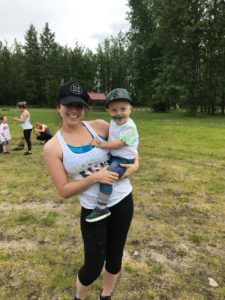
Gabby and Nash at SLAM Anchorage’s 1 year SLAMiversary
That was my mistake. I was so sure that for PPD to be a “big enough deal” to seek treatment, that it had to significantly negatively effect your ability to parent. Now I of course know that this isn’t the case. But, as far as parenting went, I was “fine”. When alone and playing with Nash, it really was the happiest I had ever been. I felt such endless joy that the idea of having depression at the same time seemed impossible, something I am immensely thankful for in light of having depression as not everyone is so lucky. Parenting for me felt natural and right, like the first thing in my life that I was truly meant to do. At the exact same time as the bond with this tiny human that I made was flourishing, my other relationships were struggling. I was in, as the show Single Parents calls it, the “Parenting Vortex”. I saw Nash, and no one else.
While waking hours with my son brought nothing but pure, unaltered happiness, nights were cruel. Even when my son occasionally slept (even now my child isn’t much for sleeping), I was wide awake. I would sit in bed researching SIDS theories, freak accidents so that I could prevent them from happening to Nash, the “right” parenting styles and all the scientific evidence to support each one, and anything else I could think of obsessively. I would read horror stories about other children and sob all night long, racked with guilt that I brought a child into the world that I felt helpless to protect in light of all the tragedies in the world. I couldn’t sleep, I had to research and become the best mom possible because my son deserved it. (Which is extra ridiculous because the best version of me is a rested version of me.) BUT, I thought, NONE OF THIS NEGATIVELY EFFECTS NASH, SO IT’S NOT A BIG DEAL.
I never left my son alone with anyone, including my husband, until Nash was 15 months old. I was going to a Moms Night Out with my SLAM ladies, and when I arrived everyone was surprised that I managed to show up to something without Nash. Of course, as soon as he was mentioned I struggled not to start violently crying right then and there. I did end up having some fun in-between frantic thoughts of something horrible happening to Nash, but it was a long time until I left him alone with anyone again.
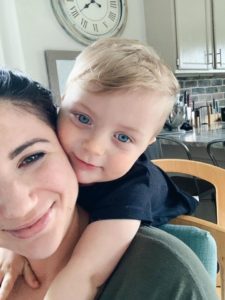
Not being able to trust even my husband or parents with the care of my son was another sign I very intentionally ignored, and it feels horrible to have to write about even now. Still, I was able to validate it all at the time. What if Nash cried and someone couldn’t comfort him the exact same way I do? All that cortisol created from hours of endless crying would surely create anxiety issues well into adulthood. What if they didn’t know his favorite game to play? He’ll cry and then I’ll just have to come home anyways. What if they turned their heads for a moment and he chocked on something he found on the ground, or stuck the end of a phone charger in his mouth and electrocuted himself (a real thing I’ve read about), or one of my dogs jumped on his face and accidentally smothered him? These thoughts weren’t just passing fears, but intrusive, all consuming thoughts that I had constantly. I made myself sick over far fetched scenarios of various things that could hurt my baby, and thought I knew that I was the ONLY one who had a chance at properly keeping him safe and happy.
Being so wrapped up in Nash felt appropriate at the time, but when you pour all your energy into one person, there’s not much left for anyone else. All my other relationships suffered as I fell deeper into the spiral downward. I didn’t have time to nurture my relationship with my husband, my son NEEDED me. Who has time to talk to friends? Nash NEEDED an 100% present mother 24/7. I shut everyone out and focused all my attention and love on my son. Even when I mustered up the ability to step back a little and give my husband the opportunity to bond with our son without me being hands on, I found myself unable to stop from correcting his parenting. As you can imagine, he didn’t appreciate this. I couldn’t blame him, but I couldn’t stop myself either and I still struggle with this today. I also found myself feeling resentful that I was doing EVERYTHING (or so I felt). I tried to do all the housework and parenting by myself like a “proper wife” because it seemed like everyone else managed to do it, but instead I was overwhelmed, tired, and lonely. Still, I couldn’t let go of control of anything Nash related and couldn’t find the words to ever ask for any help. I expected him to read my mind, and silently felt hurt that he was unable to see that I was drowning. Most of our communication became household or Nash related, very little time was spent continuing to connect with one another, something that is vitally important (in my option) in a marriage.
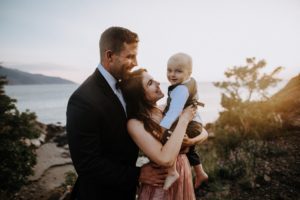
Photo by Megan Freeman Photography
Not only was I shutting out my husband, I was also unintentionally pulling away from all my friends. I’ve never been particularly amazing at keeping up with my phone, an extremely annoying trait when you’re a military wife and all your friends live across the country from you. PPD took this flaw and amplified it in ways that I still don’t know how to rectify. My phone became a source of anxiety for me. Every text was damn near anxiety attack inducing. I felt incapable of responding to simple facebook comments, returning phone calls, or even listening to voicemails. As of right now (spoiler!), I’m in treatment and I continue to struggle with this. If you were to take a look at my phone at this moment, I can almost guarantee that I have 60k unread emails, 70 never listened to voicemails, and 80+ text messages unopened (and of the opened one, maybe 5% were responded to). I should mention, I now work in digital marketing and social media, which means my phone is my lifeline to my business and my clients, so this isn’t a great problem to have either. Not only is this a huge problem for being even a mediocre friend, but it’s not exactly a great look as a business owner. Still, here I am, staring at a phone full of unanswered messages from friends and loved ones, the mere thought of going through making my chest tighten. Naturally, no one (until writing this and with the exception of my psychologist) truly knows the extent of this issue, so I appear to just not care instead. But, in the depths of depression and anxiety, letting people believe that felt easier than facing the issue head on.
I also really leaned into my tendency to curl up and do nothing when I had a long list of things to do. If I felt overwhelmed, which was all the time, I became paralyzed. This was definitely the anxiety talking, but it is still a part of having PPD. Again, this wasn’t necessarily a new bad habit for me as I’ve always wrestled with some light anxiety, but having PPD made me feel powerless to resisting these anxiety-based tendencies. This was the easiest to hide because as long as I quickly fluffed the house up before my husband came home and occasionally threw on some yoga pants versus sweatpants, no one knew. My support system was either too far away to see it, already shut out, or here in Alaska with me, but I was easy able to use work/the harsh winter/Nash/sickness to explain my absence.
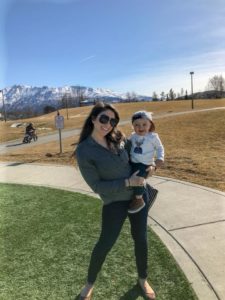
Despite dying relationships, intrusive thoughts, irrational fears, an ability to leave my son with almost anyone (I did very rarely leave Nash with my husband and two very trusted friends when necessary which was a big win!), I didn’t see a big enough problem to seek help because Nash was thriving. My mental health was crumbling, but I wasn’t particularly sad, just isolated, anxious, and hardly functioning. I was so sure that to have PPD or anything worth treating, it had be showing through my son.
My PPD was caught accidentally. I went to the doctor for the first time since my 6 week PP checkup, 2.75 years later. The appointment was because of health problems unrelated to my mental health. They were piling up and finally needed to be addressed. I told my doctor about the wrist pain I’ve had for over a year, the nodules on my thyroid that I’ve neglected to get rechecked for 5 years, and a handful of other issues. I also mentioned that I was concerned about my hormones, suggesting that maybe I had something like PCOS. I had lost a ton of weight quickly after Nash was born, and in a very short timeframe had gained it all back. I had no energy and had issues with cysts on my ovaries in the past. The anxiety I’ve always had seemed to be bugging me a bit more than normal, but that was an afterthought. My doctor gently informed me that it likely wasn’t PCOS, but rather sounded like Generalized Anxiety and Depression due to untreated Postpartum Depression.
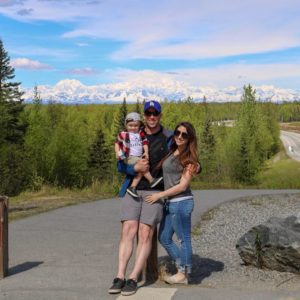
I’ve now been on medication (Zoloft in case anyone was wondering, I have no major complaints about the side effects) and seeing a psychologist for almost two months. I can’t believe how long I lived so isolated. Don’t get me wrong, Nash is still the center of my world, but I can now see other relationships and things that need my attention at the same time. I can look back and see how unhealthy the life I was living was. I’m not going to pretend that I’m magically better and everything I struggled with is suddenly fixed, but now I feel equipped to work on it. Starting this journey is hard, but the small steps I’ve taken so far have already been a weight off my shoulders. I work hard at not obsessively researching scary/sad stories about other children, I don’t spend all my energy on reading the “right” way to parent, I’m letting Nash have more and more independence, I want to start working to mend relationships in my life, and I’m TRYING so hard to let my husband parent without my constant interjections.
I’m a work in progress. This isn’t about my view from the other side of depression, it’s about telling my story so that others who don’t feel that they fit the “PPD mold” realize that any suffering is worth getting professional help over. That talking to a doctor is a good idea even if you don’t feel “that bad”. That if any of your relationships are suffering, it’s an issue. That it’s possible to be OVERLY attentive to your child when it effects your child’s relationship with other loved ones and their ability to safely explore without you. That everyones’ maternal mental health journeys are unique. And that there’s no failure in getting into therapy or taking medication when needed. This is scary to write to an extent, it’s strange to list out all the issues you’ve been intentionally and actively hiding for years now, but it also feels cathartic to get off my chest. If you have a friend who’s a new mom pull away from you, I encourage you to reach out and see how she is. If any of this resonates with you personally, I hope you find courage to reach out to someone. I know how hard it can be, but I can also say without a shadow of a doubt that it was so worthwhile.

Photo by Megan Freeman Photography
“I’m not going to pretend that I’m magically better and everything I struggled with is suddenly fixed, but now I feel equipped to work on it.”
*Title photo by Lacroix Photography
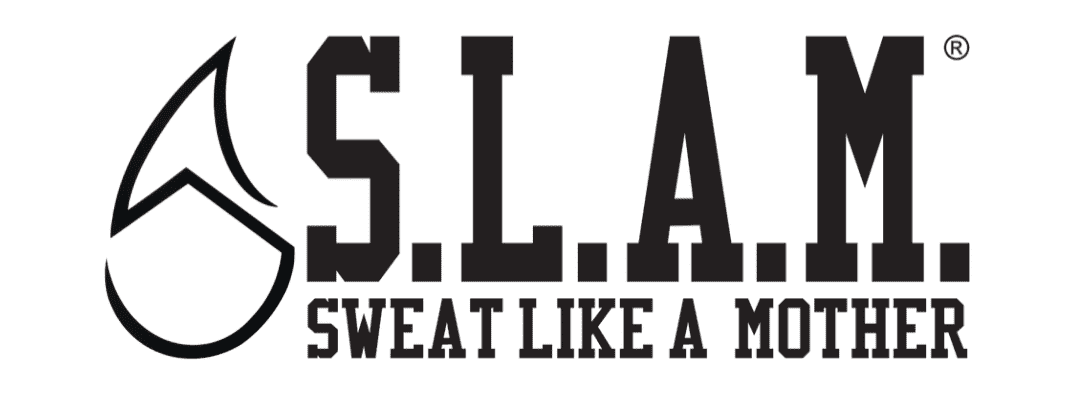
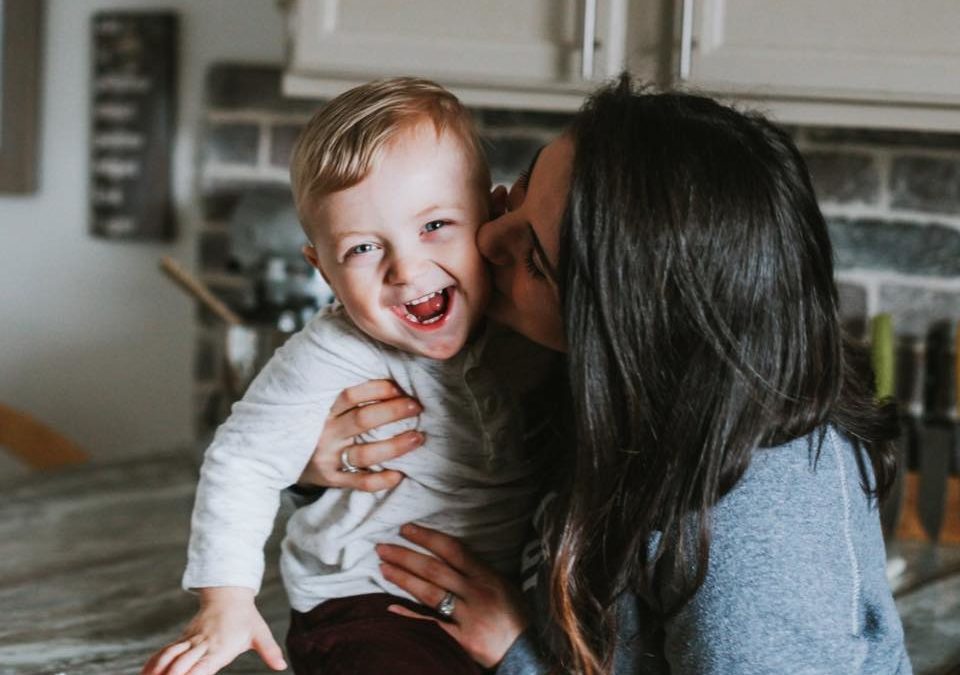
Recent Comments